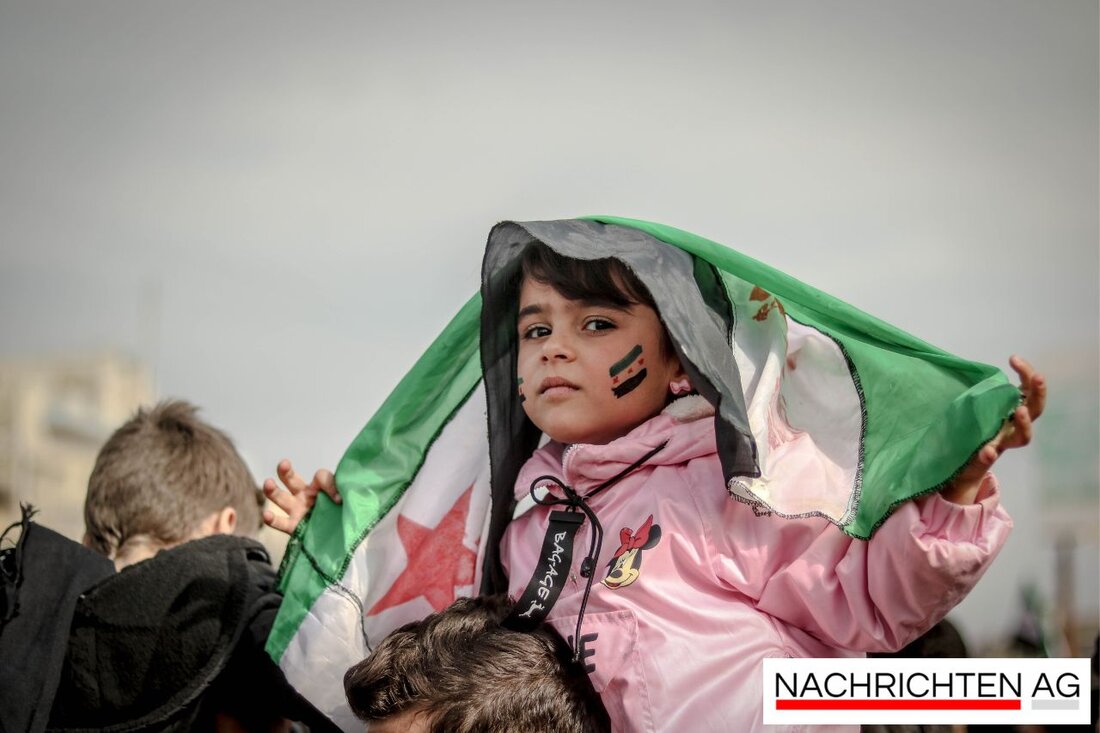War criminals in Germany: justice or hide-and-seek?
Investigation of war criminals in Germany: Experts shed light on justice and legal challenges in the “Amnesty Germany” podcast.

War criminals in Germany: justice or hide-and-seek?
The question of whether Germany is a safe haven for war criminals concerns not only lawyers, but also the society concerned. In the new series “Amnesty Germany” on WDR 5, moderated by Azadê Peşmen, this explosive topic is explored in depth. The five-part series highlights cases of war criminals who live in Germany despite their atrocities, raising the question of how far the pursuit of justice can reach. The confrontation with Colonel Anwar Raslan, a former secret service agent from Syria, provides an intimidating insight into what seems possible in Germany. A refugee recognized him in Berlin and confronted him with his crimes, which were the subject of the Koblenz trial. The question of justice for the victims is brought up again and again. [WDR] reports on how Luis Kyburg, an Argentine military commander, lives unmolested in Berlin, even though he is wanted for crimes against humanity. Why isn't he extradited to Argentina?
One of the most widespread excuses for inaction is the malfunctioning of international laws. The Bundestag has recognized the Holodomor, a genocide that claimed the lives of up to seven million Ukrainians in the 1930s, as “murder by hunger”. This sends a strong political message, but is linked to the fact that coming to terms with such mass violence can take decades. [Deutschlandfunk] highlights that the legal definition of genocide, coined by Raphael Lemkin in 1944 and enshrined in the UN Genocide Convention of 1948, has both legal and political significance. This convention is a response to the atrocities of the Nazis and excludes immunity for heads of state, which is central to the prosecution of war criminals in Germany.
Genocide and justice
But what actually defines genocide? According to the UN Genocide Convention, these are killings, the infliction of serious suffering or the deliberate creation of living conditions that are aimed at destroying a group. In this context, [Genocide Convention] speaks of acts committed against national, ethnic, racial or religious groups. This definition ensures that the intent to destroy is already considered genocide, regardless of how many members were actually killed.
But a look at the past also reveals that the pursuit of justice often comes to a standstill. The last episode of “Amnesty Germany” deals with the Sivas attack in 1993, in which Islamists set fire to a hotel where Alevi festival participants were staying. Decades later, some of the perpetrators still live unmolested in Germany. Why doesn't the principle of universal law apply here? These questions resonate throughout the entire series and show that it is about much more than legal attributions. Ultimately, it is a social task to both come to terms with the past and answer the soft questions of humanity.
Living with such unresolved questions not only requires legal reappraisal, but also a social rethink. Given the historical burden, the path to justice may be rocky, but it inevitably leads through enlightenment and critical debate. Let us be surprised at what developments will shape both the legal framework and our social consciousness in the coming months.

 Suche
Suche
 Mein Konto
Mein Konto